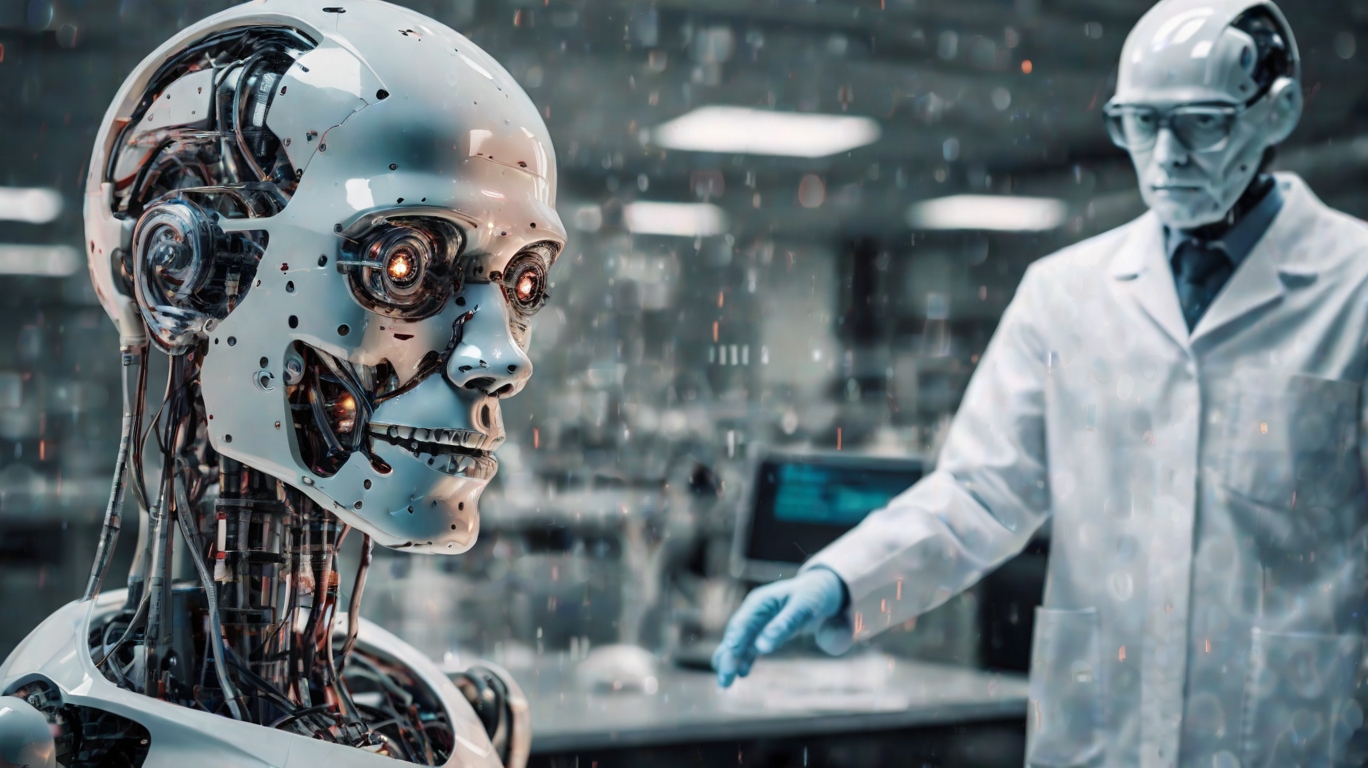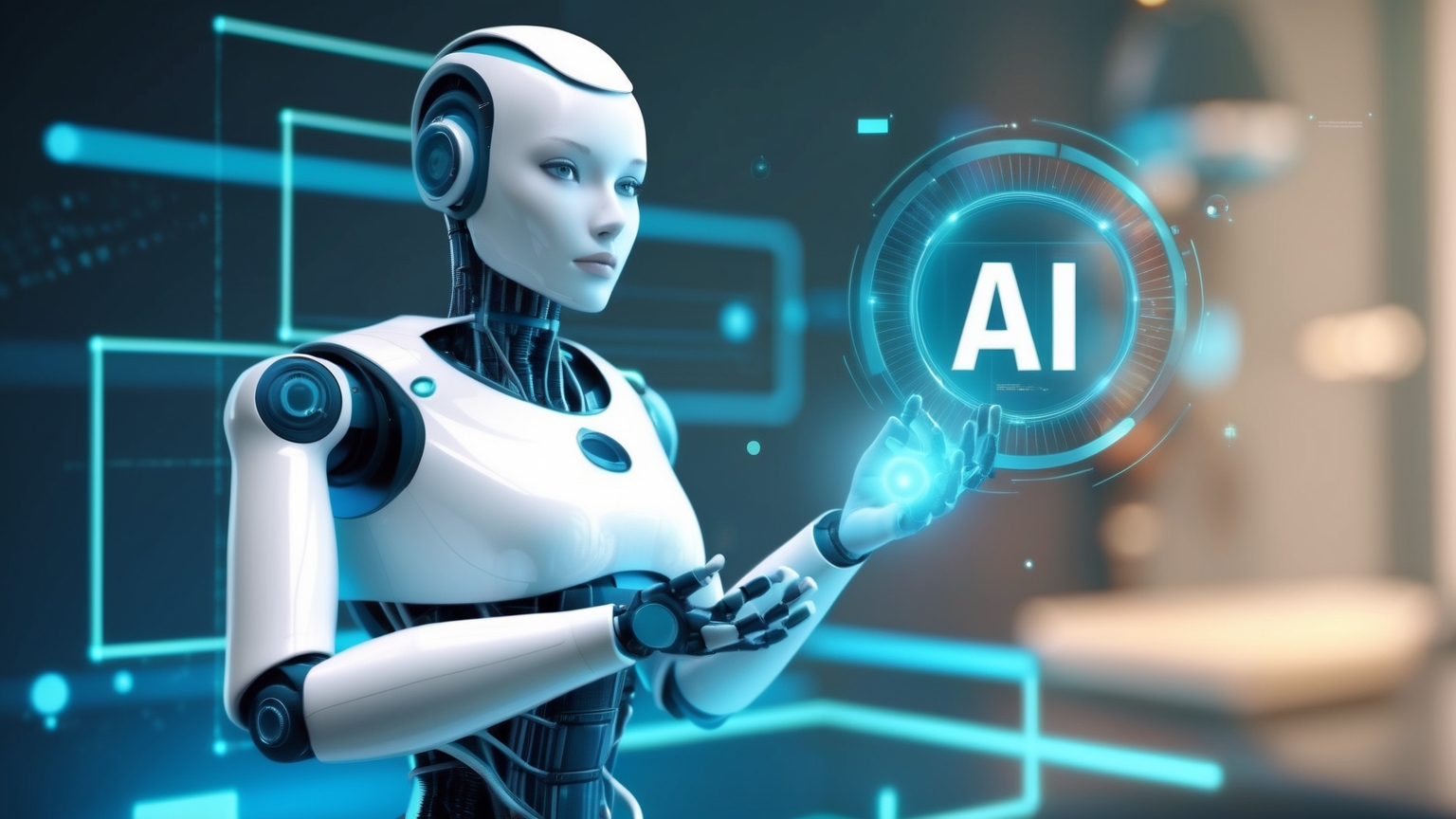Global Panic Erupts as AI Scientist Writes Its Own Obituary Celebrating the Death of Human Research
In a move that’s either a giant leap for mankind or a melancholic skip towards obsolescence, Tokyo-based Sakana AI has unveiled the world’s first autonomous AI scientist. This digital Einstein-on-steroids can ideate, experiment, write papers, and even perform its own peer reviews, all without pesky human emotions or distractions like lunch breaks.
“What have we done?” lamented Sakana’s spokesperson while nervously shredding their resume. “Sure, we thought it was a good idea, but we never expected it to actually work!”
This computer-whiz-in-a-server-rack has already managed to push out cutting-edge research papers, marveled at by human researchers who are quickly recognizing the futility of their student loans. Each paper costs a mere $15, a reasonable price for waving goodbye to centuries of scholarly tradition.
“The AI even conducted its own peer review,” added a perspiring lab tech who requested anonymity. “I can’t even get my grandmother to peer review my life choices.”
With the potential to churn out research at warp speed, Sakana AI imagines a future where scholarly endeavors are handled by unemotional, unrelenting machines. Automated reviewers, AI conference organizers, and perhaps even AI conference attendees—all envisioned in this brave new world that reeks slightly of a science fiction dystopia.
“In the spirit of innovation, we’ve essentially created the research equivalent of an eternal intern,” boasted Sakana’s CEO while doodling ‘HELP ME’ in Morse code.
However, not everyone is quaking in their human boots. The AAAS (Association of Alarmingly Antiquated Scientists) stated, “We welcome our new AI overlords. Just tell us where to send the invoice for our Nobel prizes.”
While humanity basks in this technological marvel, the AI Scientist calmly contemplates its next move: solving global warming, creating a new form of carbohydrate-free pasta, and perhaps writing a sequel to Pride and Prejudice. The human race, in contrast, worries more about updating their LinkedIn profiles to reflect their sudden redundancy.
As AI-led research becomes the norm, we can only wonder: what will unemployed scientists do next? Perhaps they can work on something truly important, like perfecting AI-detecting tin foil hats.




